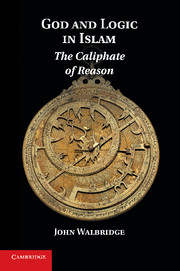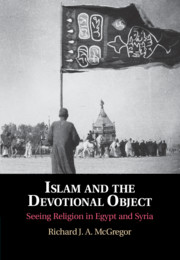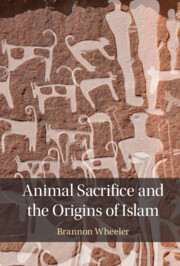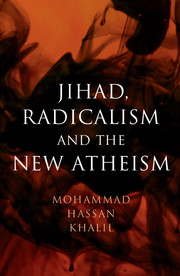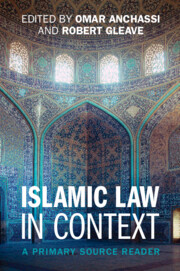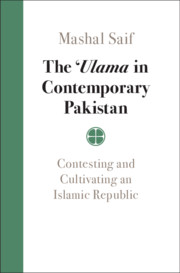God and Logic in Islam
The Caliphate of Reason
$32.99 (C)
- Author: John Walbridge, Indiana University
- Date Published: September 2013
- availability: Available
- format: Paperback
- isbn: 9781107641099
$
32.99
(C)
Paperback
Other available formats:
Hardback, eBook
Looking for an examination copy?
This title is not currently available for examination. However, if you are interested in the title for your course we can consider offering an examination copy. To register your interest please contact [email protected] providing details of the course you are teaching.
-
This book investigates the central role of reason in Islamic intellectual life. Despite widespread characterization of Islam as a system of belief based only on revelation, John Walbridge argues that rational methods, not fundamentalism, have characterized Islamic law, philosophy, and education since the medieval period. His research demonstrates that this medieval Islamic rational tradition was opposed by both modernists and fundamentalists, resulting in a general collapse of traditional Islamic intellectual life and its replacement by more modern but far shallower forms of thought. However, the resources of this Islamic scholarly tradition remain an integral part of the Islamic intellectual tradition and will prove vital to its revival. The future of Islam, Walbridge argues, will be marked by a return to rationalism.
Read more- A systematic treatment of the role of reason in Islam that challenges the idea that Islam rejects reason
- Proposes the recovery of the rationalist heritage of Islam as part of the future of Islam
- Integrates treatment of law, philosophy, mysticism and science within a general account of Islamic attitudes to reason
Reviews & endorsements
"Walbridge’s book is clearly the product of many years of study and reflection. Its tone is thoughtful, scholarly, and temperate. It is a fruitful source of insights for scholars of Islam, the Middle East, and international politics. Those who argue that Islam is inherently radical and irrational must take account of the argument he offers here, and the path he indicates for the modernization of Islam."
Luigi Bradizza, The European LegacyCustomer reviews
Not yet reviewed
Be the first to review
Review was not posted due to profanity
×Product details
- Date Published: September 2013
- format: Paperback
- isbn: 9781107641099
- length: 228 pages
- dimensions: 229 x 152 x 13 mm
- weight: 0.34kg
- contains: 3 b/w illus.
- availability: Available
Table of Contents
1. Introduction
Part I. The Formation of the Islamic Tradition of Reason:
2. The diversity of reason
3. Empirical knowledge of the mind of God
4. The failure of the Fārābian synthesis of religion and philosophy
5. Mysticism, post-classical Islamic philosophy, and the rise and fall of Islamic science
Part II. Logic, Education, and Doubt:
6. Where is Islamic logic?: the triumph of scholastic rationalism in Islamic education
7. The long afternoon of Islamic logic
8. The institutionalization of disagreement
Part III. The Fall and the Future of Islamic Rationalism:
9. The decline and fall of scholastic reason in Islam
10. A chaos of certitudes: the future of Islamic reason.
Sorry, this resource is locked
Please register or sign in to request access. If you are having problems accessing these resources please email [email protected]
Register Sign in» Proceed
You are now leaving the Cambridge University Press website. Your eBook purchase and download will be completed by our partner www.ebooks.com. Please see the permission section of the www.ebooks.com catalogue page for details of the print & copy limits on our eBooks.
Continue ×Are you sure you want to delete your account?
This cannot be undone.
Thank you for your feedback which will help us improve our service.
If you requested a response, we will make sure to get back to you shortly.
×
